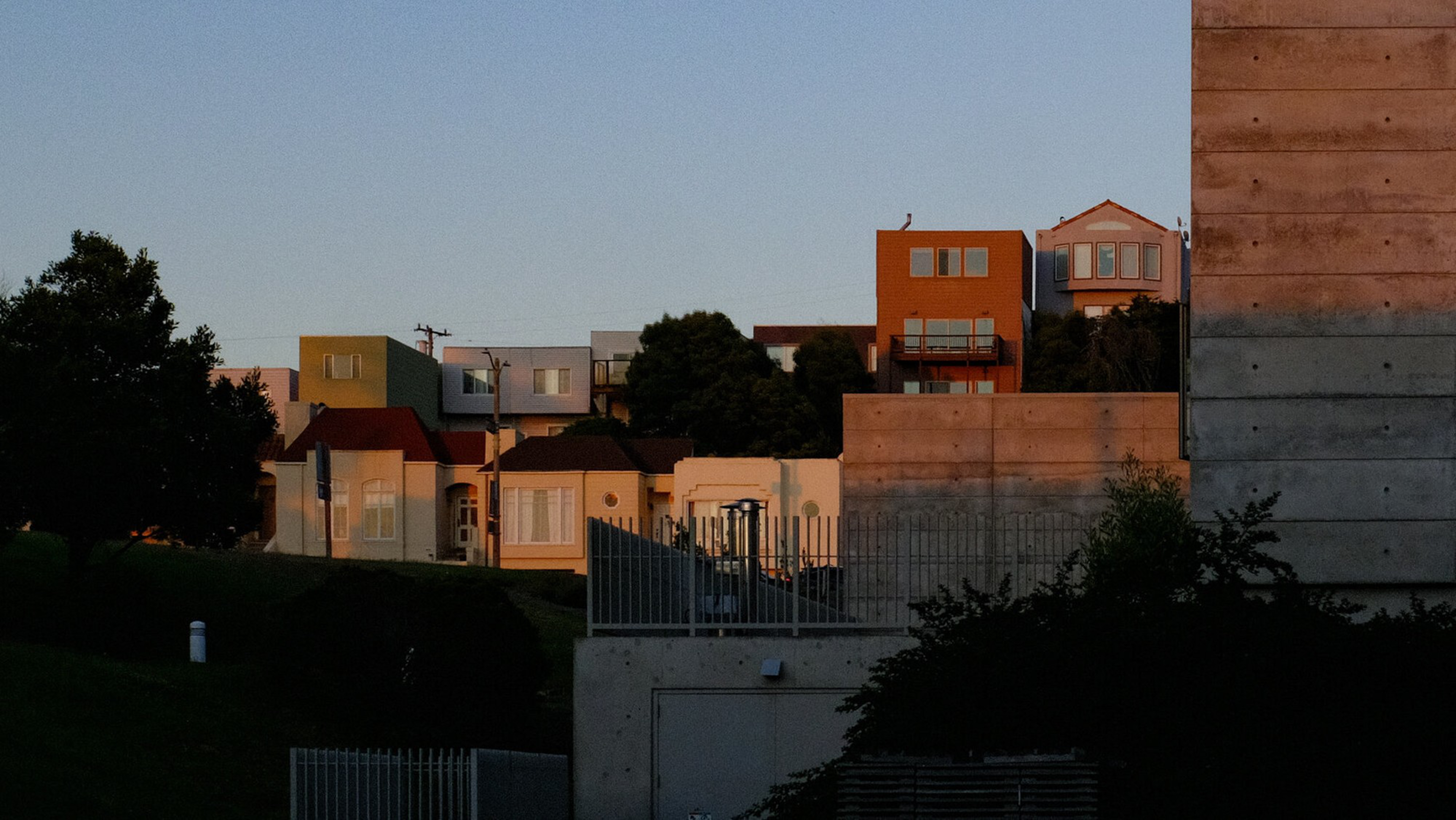City officials are gearing up for a major battle over legislation that would allow multiple housing units on lots across the city—a hugely consequential change in local development rules that may well end up before voters next year.
Faced with sky-high rents and a state mandate to build more units, Supervisor Rafael Mandelman kicked off the latest effort to stoke housing construction with a proposed zoning change that would allow fourplexes on all lots currently limited to single-family housing. Two fellow supervisors have weighed in with their own proposals to allow fourplexes, but only with extensive affordable housing requirements.
Now, with a green light in the form of unanimous approval from the city’s Planning Commission, Mandleman’s proposal is farthest along and will likely be taken up by the full Board of Supervisors in late January or early February. But if the proposals fail—or if the board approves a measure with too many restrictions—one pro-housing group says it plans to bring the question in front of voters in the form of a ballot measure.
Corey Smith, deputy director of the Housing Action Coalition, said the organization is working now to write a ballot measure that would upzone all single-family housing to allow fourplexes and enshrine tenant protections. His group would encourage Mayor London Breed to use her power to put the question on the ballot sometime next year.
“If the Board of Supervisors doesn’t pass an economically feasible [ordinance] … we are going to be aggressive, and we will go to the ballot collecting signatures,” Smith said.
The Housing Action Coalition, a local advocacy group, supports Mandelman’s proposal, which, unlike the other two, does not include provisions guaranteeing that new units would have to be affordable. Mandelman introduced the two ordinances that would enact his proposal earlier this year, and they were passed unanimously by the Planning Commission in mid-November.
A provision in Mandelman’s proposal added by the city’s planning department would also allow up to six units on all residential corner lots. Paving the way for these ordinances are two new state laws, Senate Bills 9 and 10, which will go into effect in January of 2022. SB 10 allows proposals like Mandelman’s—or any that allow up to 10 units per residential lot—to pass without waiting for normal environmental review processes, while SB 9 allows all residential lots to be split, effectively doubling the housing potential on any given lot.
Paired with Mandelman’s ordinances, the laws would open up areas in the city like the Sunset District that were previously closed off to medium- or high-density housing. The ordinances will be reviewed by the board’s land use committee before going in front of the full board.
“It feels like we are approaching the home stretch,” Mandelman said.
But his colleagues on the board have other ideas about how to make housing more accessible for San Franciscans.
Earlier this year, Supervisor Gordon Mar introduced his own proposal, which would allow fourplexes citywide so long as the newly built units provide a minimum of two bedrooms and are 100% affordable. His proposal would also institute rental rate caps and set limits on rent increases. Critics, including Smith, say those requirements will make it uneconomical for anyone to build additional units.
Supervisor Ahsha Safaí, meanwhile, introduced a proposal earlier the month that targets what he calls the “missing middle,” offering developers and owners streamlined project approval if they agree to build additional units on their lots and guarantee that half of them are affordable to anyone making 110% of the city’s median income as a renter, or 140% as an owner.
Mandelman said he will consider integrating rent control into his ordinances, but said it’s too much to ask small building owners to absorb the costs of the below-market-rate unit requirements included in Mar’s and Safaí’s proposals.
Dan Sider, chief of staff at the San Francisco Planning Department, said his staff is just starting to look at Mar’s and Safaí’s proposals and has yet to release any recommendations. But he said the planning department agrees that tacking on affordability restrictions to deeds would deter building, thus undermining the goal of creating more housing.
“If we ask too much on affordability and we get no units, that’s not a gain,” Sider said.
Smith said deed-restricted, below-market-rate unit requirements like those in Mar’s and Safaí’s proposals are a “nonstarter.” He’s also worried about the capacity of the Mayor’s Office of Housing and Community Development to manage an influx of new deed-restricted housing units.
“Every single person we’ve talked to that builds housing says putting deed-restrictions on housing … will be an economic disincentive to build housing,” Smith said.
In an email to the San Francisco Standard, Supervisor Matt Haney voiced his support for Mandelman’s legislation, of which he is a co-sponsor. No other supervisors responded to requests for comment for this story.
In any case, Smith said his group isn’t waiting around. HAC has been collaborating with other pro-housing advocates on a ballot measure with language similar to Mandelman’s proposal should the ordinances fail at the Board of Supervisors, which he calls the most anti-housing board in the city’s history.
“Fourplexes are the next checkpoint in terms of increasing density,” Smith said. “We see this as a starting point.”
This version clarifies that the ballot measure is being written by advocates, including those at the Housing Action Coalition.
